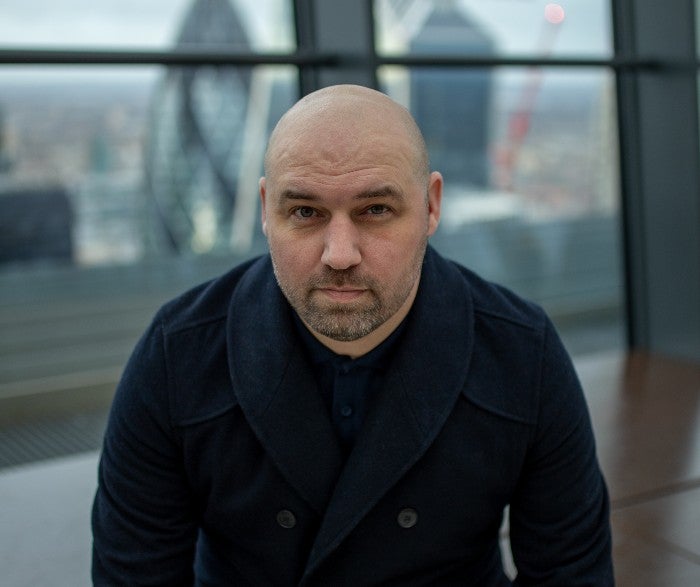
Millions of workers across the UK are about to embark on an unofficial, nationwide trial of the four day working week. It’s not their bosses they will be thanking, however, but the royal family.
That’s because an extra bank holiday for the King’s coronation weekend on 8 May will bring the total of UK public holidays next month to three. As a result, many companies will lose three Mondays of working time.
That’s great news for workers enjoying an extra day away from the office. Firms, too, are likely to enjoy a productivity bump as staff return well-rested, according to the New Economics Foundation. It’s also likely to provide a financial boost: a 2020 CEBR study found that each additional bank holiday can boost the economy by about £500m thanks to increased consumer spending.
That said, it may pose a challenge for some. Some have highlighted the extra stress involved in squeezing vital work into not just one, but three, short weeks in a row. What advice, then, can business leaders who are already successfully embracing shorter working weeks offer on how to make the most of their time this May – and what benefits might it bring in the long term?
Plan, plan and plan some more
Tom Winterton, a director at creative agency Manifest, has been working a four-day week since his son was born in early 2020. He believes being organised is vital to making a success of shorter weeks.
“Otherwise, work will drift into evenings and weekends. I like to think I’ve become a bit of a Google Calendar master. I live my life by it. I make everything I’m doing super clear so I am working in the most efficient way and then anyone else that wants to look at my calendar can see exactly what I’ve got planned.”
It is going to be tougher to get things done and you should plan around that
Winterton tries to get through the most difficult tasks in the morning, when he’s at his most productive. “Meetings and other things that are less energy-intensive can fit around that.”
While it’s important to protect your time off and set clear boundaries around work, Winterton believes taking half an hour in the evening before you go back to the office can help you save even more time during the week.
“I book a half-hour check-in on a Sunday night,” he says. “I don’t want to go into a big meeting first thing on Monday a little bit behind. I find 30 minutes to clear Slack and email, get my head around what’s going on and plan the week ahead hugely useful. It eliminates any stress around having to come in and firefight and helps optimise the short week.”
“Effective time management is key,” agrees Amal Ahmed, a director at tech company Signifyd, which moved its 500 employees to a four-day week last year. “I set key tasks and objectives at the start of the week and sync with my team to ensure that everyone is aligned on output and priorities.”
She adds that simple steps such as ensuring meetings are kept to 45 minutes or less and have an agenda to make sure key points are covered can bolster productivity.
Be brutal with your time
Sometimes that level of planning means being very strict with what you will and won’t allow on your calendar.

Winterton says while he avoids saying “no” to an entire project he will question whether he is needed in a meeting or can add value to a conversation in another way, such as sending a quick response by email.
As he takes Fridays off, much of his May will involve three-day weeks. That means some trade-offs. “I deliberately avoided having anything huge in the calendar over these weeks – big launches, projects or pitches. It is going to be tougher to get things done and you should plan around that.”
Darrell Irwin (left), founder of creative branding agency Cre8ion, was one of the first British business owners to implement the four-day week in 2019. The entire company has had to reframe how they think about work - with great success.
The four-day week “forces you to ask deeper questions about a project”, he says.
“Is the work that you’re doing actually necessary? If you didn’t do it, would anyone notice? There might be some things you’re doing that aren’t producing much value or impact. A shorter week gets you to question that – and adjust.”
Give yourself (and your team) a break
“I think it’s key to remember that working four days instead of five takes a little getting used to,” advises Ahmed. “So be patient with yourself and your colleagues as everyone adapts to the new schedule.”
Indeed, although there are ways to compress work into fewer days, it is important to be realistic about what can be accomplished. Overpromising and taking on too many tasks can lead to stress and burnout.
Be patient with yourself and your colleagues as everyone adapts
Managers who fail to keep a lid on expectations could see their teams struggle, warns Paula Allen, a senior vice-president of wellbeing at Canadian healthtech firm Telus Health.
“Virtually all employers still want the same productivity [during a four-day week]. That will be challenging for some people – they will work longer hours and perhaps feel resentful.”
She adds that leaders should also be conscious of the potential for friction between employees who get the extra days off and those who don’t. “If not handled carefully, there can be this feeling of inequity between roles. That is something to think through a bit.”
Use what you learned in the future
Ultimately, although there is a potential for increased stress during this time, those who have experienced it think there is much to be learned from optimising work for four days rather than five.
Irwin says Cre8ion streamlined their processes as a result – eliminating a lot of bloat and repetitive tasks. “When you’re forced to lose an entire day, you have to look at your time, your processes and how to change them. We’ve optimised and optimised and optimised to allow ourselves to have time off.”
He adds: “The whole motivation of the team is to guard that day. When the team knows that benefit, they work harder to keep it.”

Millions of workers across the UK are about to embark on an unofficial, nationwide trial of the four day working week. It’s not their bosses they will be thanking, however, but the royal family.
That’s because an extra bank holiday for the King’s coronation weekend on 8 May will bring the total of UK public holidays next month to three. As a result, many companies will lose three Mondays of working time.
That’s great news for workers enjoying an extra day away from the office. Firms, too, are likely to enjoy a productivity bump as staff return well-rested, according to the New Economics Foundation. It’s also likely to provide a financial boost: a 2020 CEBR study found that each additional bank holiday can boost the economy by about £500m thanks to increased consumer spending.
